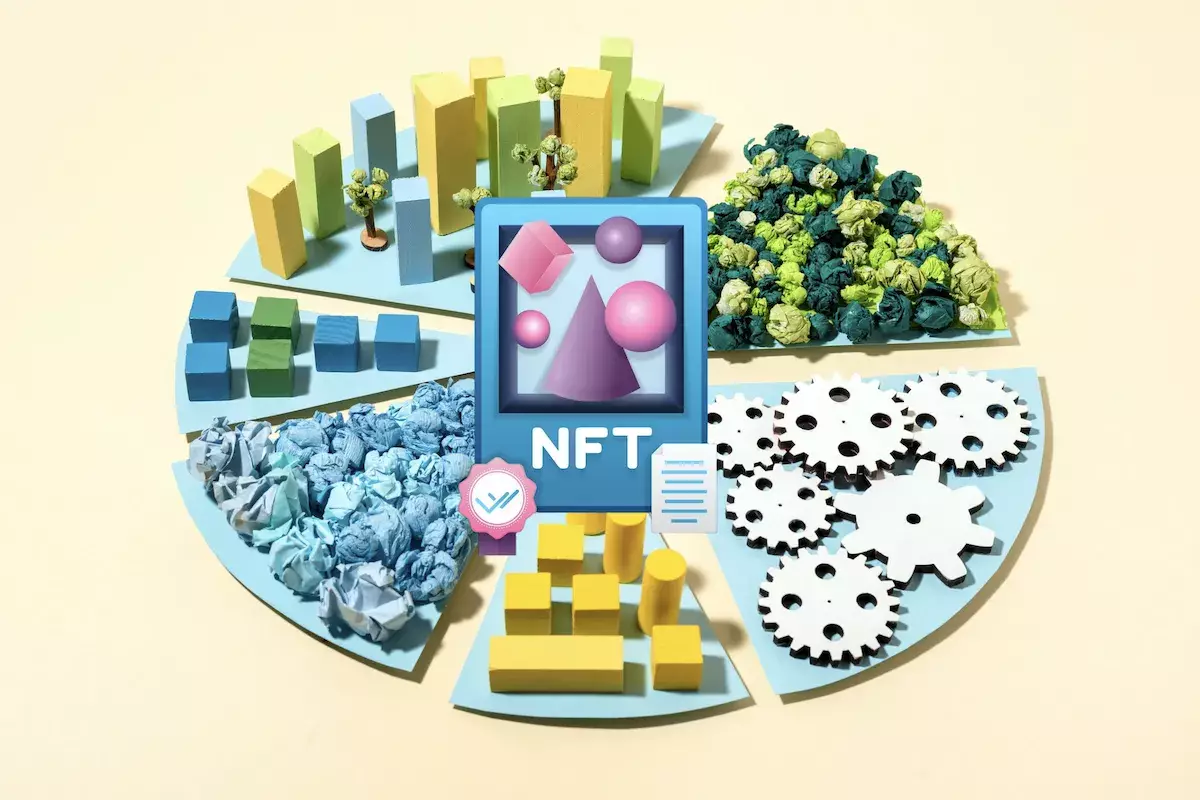In recent years, Europe has taken significant strides towards a more sustainable future, exemplified by the European Green Deal. This pivotal initiative sets forth ambitious targets aimed at drastically reducing carbon emissions and curbing pollution levels. One of the core tenets of this strategy is a comprehensive approach that encompasses better product design, efficient resource management, and improved recycling practices. As part of this framework, the introduction of Digital Product Passports (DPPs) highlights how technology can play a crucial role in fostering sustainability. These digital records are designed to increase transparency, empower consumers, and streamline resource utilization.
Digital Product Passports serve as an innovative method of tracking the lifecycle of products from raw material extraction to end-of-life disposal. Each passport functions like a digital file that maintains a detailed history of a product, including data on its environmental impact, repairability, and materials used in its construction. The DPP concept aligns with the Ecodesign for Sustainable Products Regulation (ESPR), which insists on designing products that minimize waste and carbon emissions. By promoting a circular economy, the Circular Economy Action Plan (CEAP) encourages manufacturers to think sustainably, facilitating product reuse and recycling rather than incineration.
One of the most compelling aspects of Digital Product Passports is their potential to enhance transparency regarding sustainability. These passports allow consumers to verify a product’s carbon footprint and its use of recycled materials, serving as a reliable indicator of a product’s environmental integrity. Furthermore, by spotlighting the ease of product repair and recycling, DPPs empower consumers to make environmentally conscious purchasing decisions. Additionally, they aid manufacturers in adhering to the evolving EU regulations aimed at reducing emissions and promoting sustainable resource management.
While Digital Product Passports leverage technological advancements, Non-Fungible Tokens (NFTs) represent a significant innovation that can further solidify their effectiveness. Traditionally known for their role in digital art, NFTs are unique digital certificates stored on a blockchain, providing a secure and immutable record of ownership and history. When integrated with DPPs, NFTs serve as digital twins, reflecting the product’s lifecycle in a verifiable manner. This connection ensures that the recorded data remains tamper-proof, fostering trust among consumers, manufacturers, and recyclers.
The immutability of blockchain technology is critical to its application in Digital Product Passports. Once something is recorded on the blockchain, it becomes nearly impossible to alter it without leaving a trace. This structure promotes accountability, allowing all stakeholders to view and verify the recorded history of a product. By creating an accessible network of trusted data, trust is naturally strengthened, significantly reducing the risks of manipulation or deceit in product claims. This transparency is particularly beneficial in secondhand markets, where ownership histories are crucial in affirming the legitimacy of goods.
However, the road to full transparency is not one without hurdles. Certain sensitive data cannot be openly shared due to privacy concerns or competitive advantages. To address this challenge, various NFT systems are implementing techniques like zero-knowledge proofs. This method enables entities to validate information without disclosing the actual data, striking a balance between transparency and privacy. As the EU tightens its regulations on data handling, innovations in data management will be paramount in ensuring compliance while maintaining product traceability.
The potential for NFT-based Digital Product Passports is vast. Their evolution may encompass integration with Internet of Things (IoT) sensors, providing real-time updates on a product’s condition or usage. Moreover, employing artificial intelligence could streamline data handling, allowing for descriptive analytics that generate insights into product lifecycle performance. As the global trend towards sustainability intensifies, other regions may mirror the EU’s measures, positioning companies that adopt NFT-based DPPs ahead in the competitive landscape.
Digital Product Passports, enhanced by NFTs, represent a significant leap towards transparent product histories that align with the principles of the Circular Economy. Their potential to ensure authenticity and track ownership could revolutionize the way consumers engage with products while addressing pressing environmental challenges. Whether it’s confirming ethically sourced materials or verifying the ecological footprint of consumer goods, the integration of NFTs within DPPs stands as a transformative force in promoting sustainability. As this technology continues to develop, it may well become the blueprint for transparent and accountable product ecosystems, paving the way for a more sustainable future.

